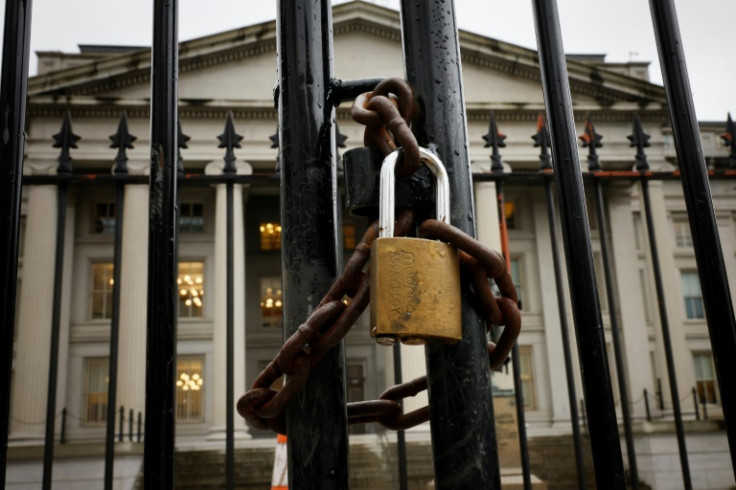US Treasury: Dollar Alternatives Not Seen As Primary Illicit Finance Threat
The U.S. believes that emerging cross-border payment systems and alternative currencies, despite their growth, still don't pose a big threat to its attempts to stop adversaries like Iran, North Korea, and Russia from obtaining weapons and related technology. This emerges amid heightened concerns following Russia's invasion of Ukraine and increased Western efforts to restrain Moscow's access to military supplies.

Proliferation financing focuses on disrupting the financial channels used by countries of concern to acquire chemical, biological weapons, or sophisticated military equipment. The US Treasury Department, in its annual assessment, addresses the "potential risks" from new payment systems, as some nations seek to bypass US sanctions and jurisdiction.
Examples mentioned include central bank digital currencies (CBDCs), the rise of local currency settlements to avoid dollar-dominated banking, and attempts to build alternatives to the universally used SWIFT messaging system. China's Cips system and Russia's own payment messaging platform are noted as specific examples.
However, the report shows confidence in the US' financial system's resilience. It states that while alternatives might exist, they lack the "deeply and liquid financial markets, transparent institutions, and predictable legal systems" that underpin U.S. dominance. The dominance of the U.S. dollar in trade finance, established by its 83.9% share compared to the renminbi's 5.7%, further solidify this notion.
Following Russia's invasion, Western nations, including the US, have increased efforts to choke off Moscow's access to military supplies. This includes scrutinizing the use of the financial system for probable sensitive goods exports from the U.S. and its allies, often routed through neighboring countries. These goods, often with dual civilian and military applications, fall under U.S. export control regulations.
Even if non-U.S. financial institutions are used for payments, dollar-denominated transactions still engage U.S. correspondent accounts, making them exposed to scrutiny. US authorities have continuously warned banks about common proliferation financing and export control violations, including instances where clients access trade finance products for such purposes.
In 2023, the U.S. financial crimes watchdog reported detecting roughly $1 billion in transactions suspected of facilitating sanctions-busting exports to Russia. The Treasury report reveals numerous U.S. prosecutions against individuals and companies involved in exporting sensitive goods, often using wire transfers and open account payments instead of traditional trade finance.
Open account trade, where banks process transactions without supporting documentation on the goods or services involved, pose a significant risk for compliance efforts. The International Chamber of Commerce (ICC) emphasizes the lack of specialized knowledge and varying export control regulations among jurisdictions as major challenges. Additionally, technology solutions are often expensive and generally detect suspicious activity after the fact.
© Copyright IBTimes 2025. All rights reserved.





















